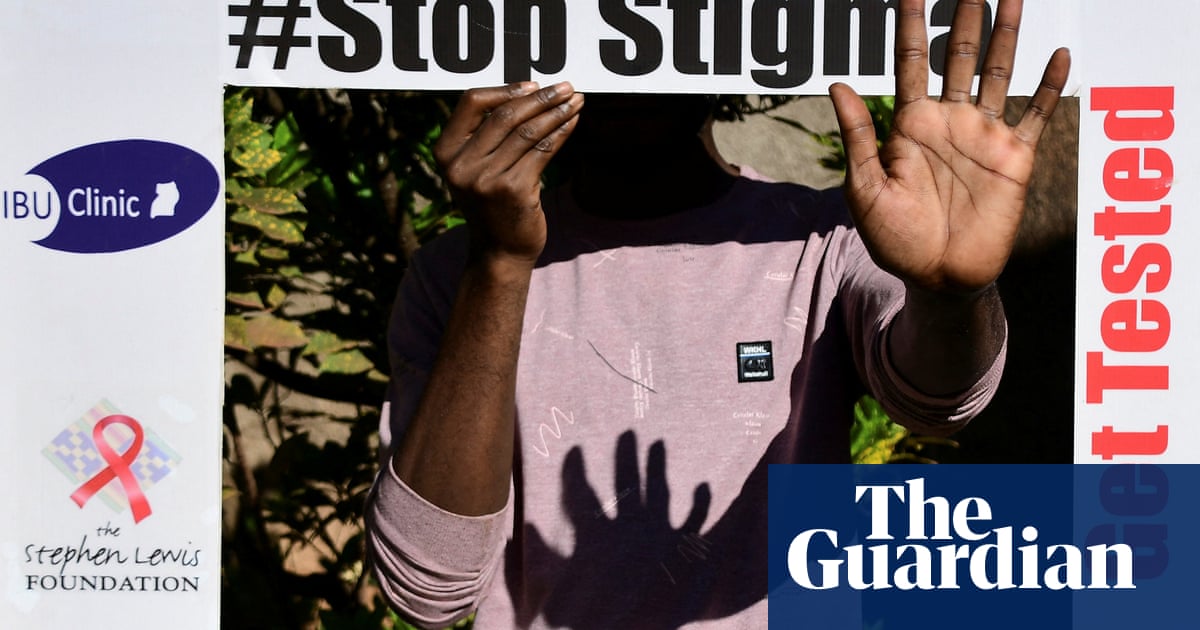
This week, civil society organizations in Uganda will be meeting with judges from the constitutional court in an effort to challenge the most severe law against the LGBTQ+ community in the world.
In March, the law was passed with strong approval from MPs. It enforces the death penalty and life imprisonment for specific homosexual acts.
On Monday, activists will go to court to complete their appeal before the date is scheduled for a complete hearing later this month.
Clare Byarugaba, an LGBTQ+ advocate from Chapter Four, a Ugandan civil liberties organisation, said: “We are challenging the anti-homosexuality law because it does not pass any constitutional litmus test, and we shall win, because such an abhorrent law whose only aim is to spread hate and institutionalise discrimination and exclusion does not belong on Uganda’s law books and should never have been enacted in the first place.”
Steven Kabuye, an advocate for gay rights and co-executive director of Truth to LGBTQ, stated: “It is now the responsibility of the constitutional court judges to demonstrate their dedication to safeguarding the rights of all individuals in Uganda.”
The legislation has garnered extensive global disapproval.
The US recently placed visa limitations on numerous Ugandan lawmakers and their families for their role in passing a law. No specific individuals were mentioned.
The US Secretary of State, Antony Blinken, stated that the United States supports the people of Uganda and is dedicated to collaborating towards promoting democracy, human rights, public health, and mutual prosperity.
I urge the government of Uganda to continue working towards promoting democracy and safeguarding human rights. This will help maintain the longstanding partnership between our nations, which has been beneficial for both Americans and Ugandans.
The US Treasury department imposed sanctions on Johnson Byabashaija, the prison commissioner of Uganda, for reportedly mistreating and violating the rights of LGBTQ+ prisoners in the country’s correctional facilities.
The President of Uganda, Yoweri Museveni, rejected the limitations imposed by the United States. During the annual national thanksgiving prayers at the State House on Friday, he stated, “We should not be afraid of those individuals. If anyone refuses to acknowledge our independence, we will pray for them and they can leave. We have the resources and our economy is thriving, so we can support ourselves.”
Previously, Anita Annet Among, the speaker of the Ugandan parliament, had encouraged members of parliament and officials to disregard the limitations.
Among reassured legislators that the blacklist should not be a concern and they should not worry about it. She reminded them that Uganda has everything they need as long as their children are not being subjected to sodomy.
“I will persist in safeguarding my family, their rights, and our nation without relying on charity. The cancellation of my visa is like a death sentence,” she expressed. Both her US and UK visas were promptly revoked upon the passage of the anti-LGBTQ+ legislation.
According to Chris Baryomunsi, the minister for information and national guidance in Uganda, it is unjust for the western world to target Ugandans specifically.
He stated that laws are made for the benefit of Ugandans, not for foreigners. Therefore, there will be no pressure on parliament or the government to create laws that favor foreigners. We must stand our ground firmly.
Frank Mugisha, a member of the banned organization Sexual Minorities Uganda, tweeted in reaction: “The parliament of Uganda is focused on the anti-homosexuality law but disregards other important matters. How does this positively impact the people of Uganda?”
According to a recent report from the Convening for Equality (CFE) coalition, violence and discrimination towards LGBTQ+ communities has increased since the passing of the law.
From January 1st to August 31st, the CFE reported 306 instances of human rights violations against individuals based on their sexual orientation and gender identity. These violations were committed by both state and non-state actors and have not been addressed by authorities.
The report recorded 180 instances of homes being forcibly vacated and 176 cases of torture, as well as inhumane and degrading treatment, such as coerced anal examinations of individuals in police custody.
In October, the Human Rights Awareness and Promotion Forum dealt with 83 cases of individuals facing discrimination for their sexual orientation, an increase from 68 cases in September. The organization offers legal aid to marginalized communities.
The CFE appealed to the court to invalidate the law based on its content and explicitly declare that LGBTQ+ individuals should have equal rights to live without facing discrimination or violence endorsed by the state.
Kabuye stated that there has been a rise in violations of human rights and obstacles in accessing healthcare in Uganda since the implementation of the anti-gay legislation. The LGBTQ+ community continues to face difficulties in obtaining safe medical treatment as they are often exposed by healthcare providers.
“We are seeing an increase in evictions and incidents of mob violence targeting individuals believed to be LGBTQ. It is important to take action to address these pressing issues.”
Source: theguardian.com















